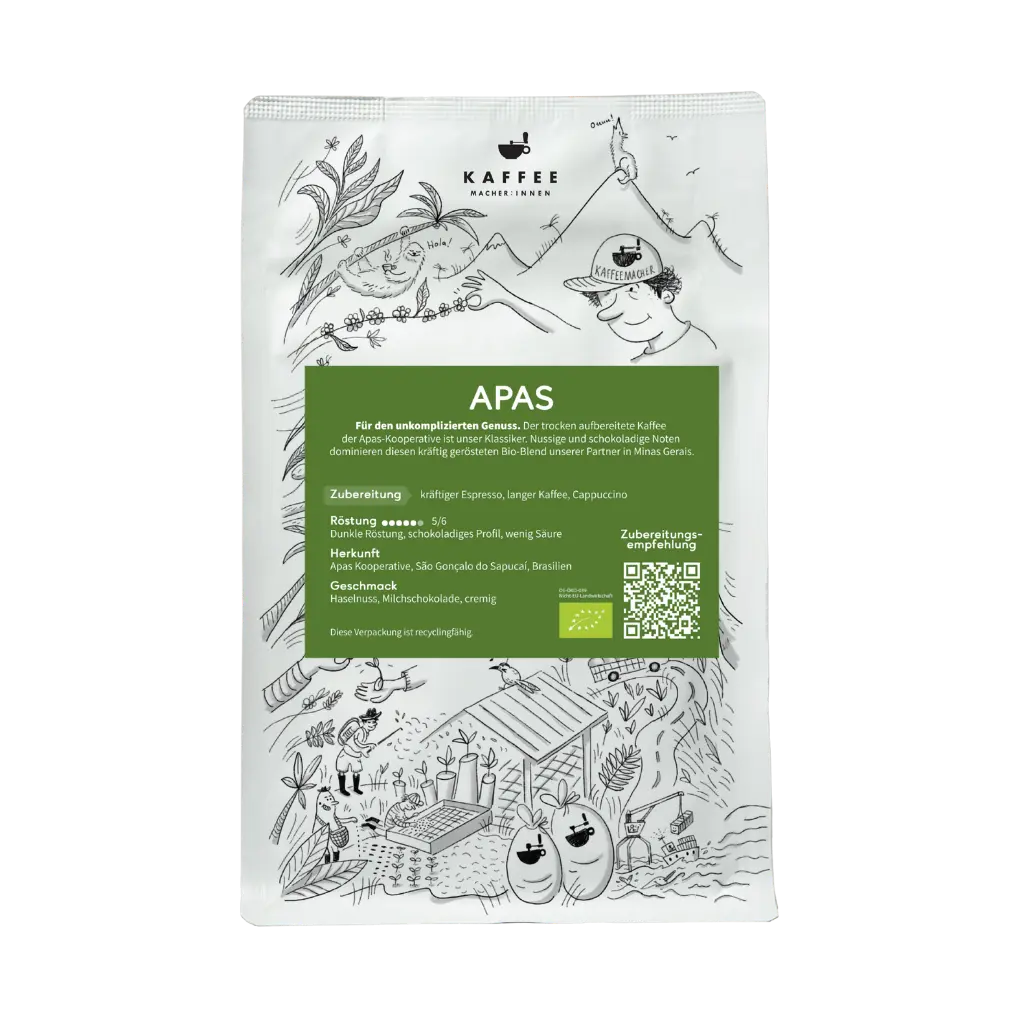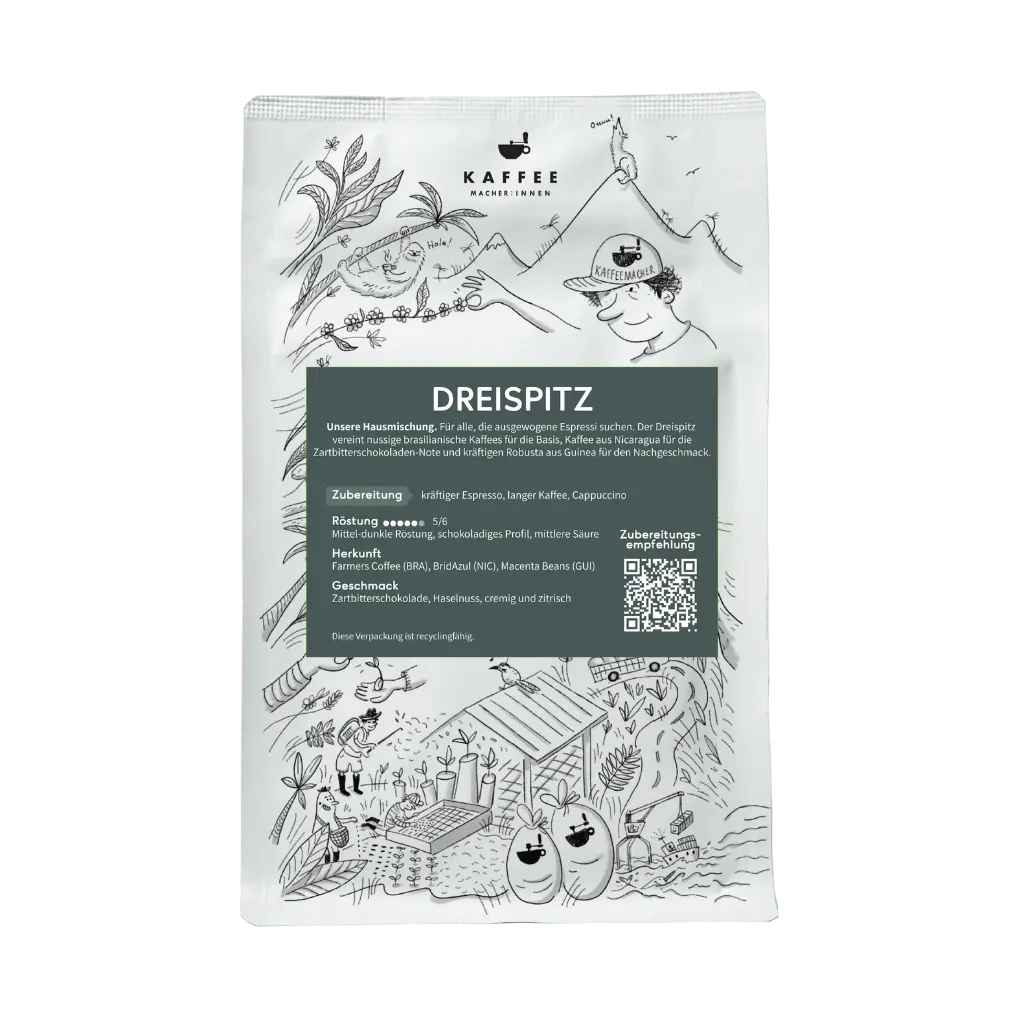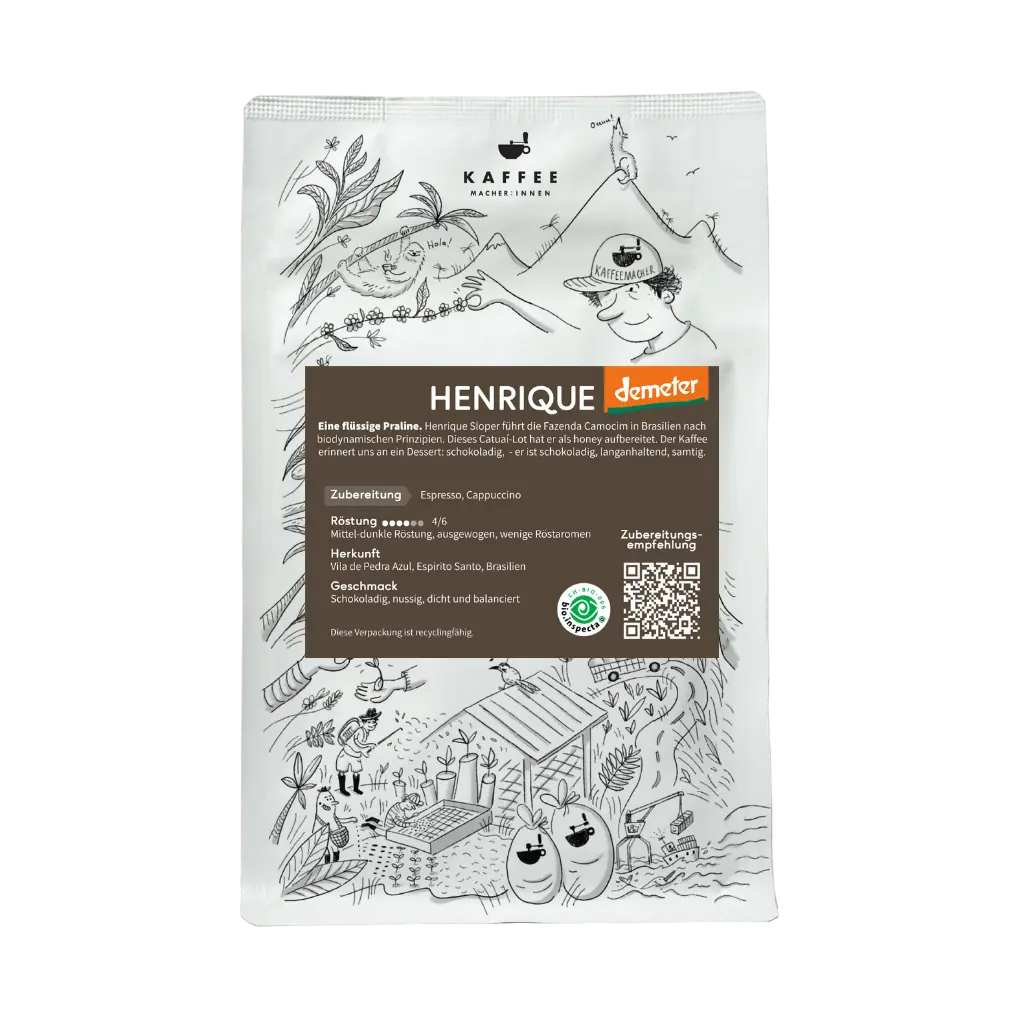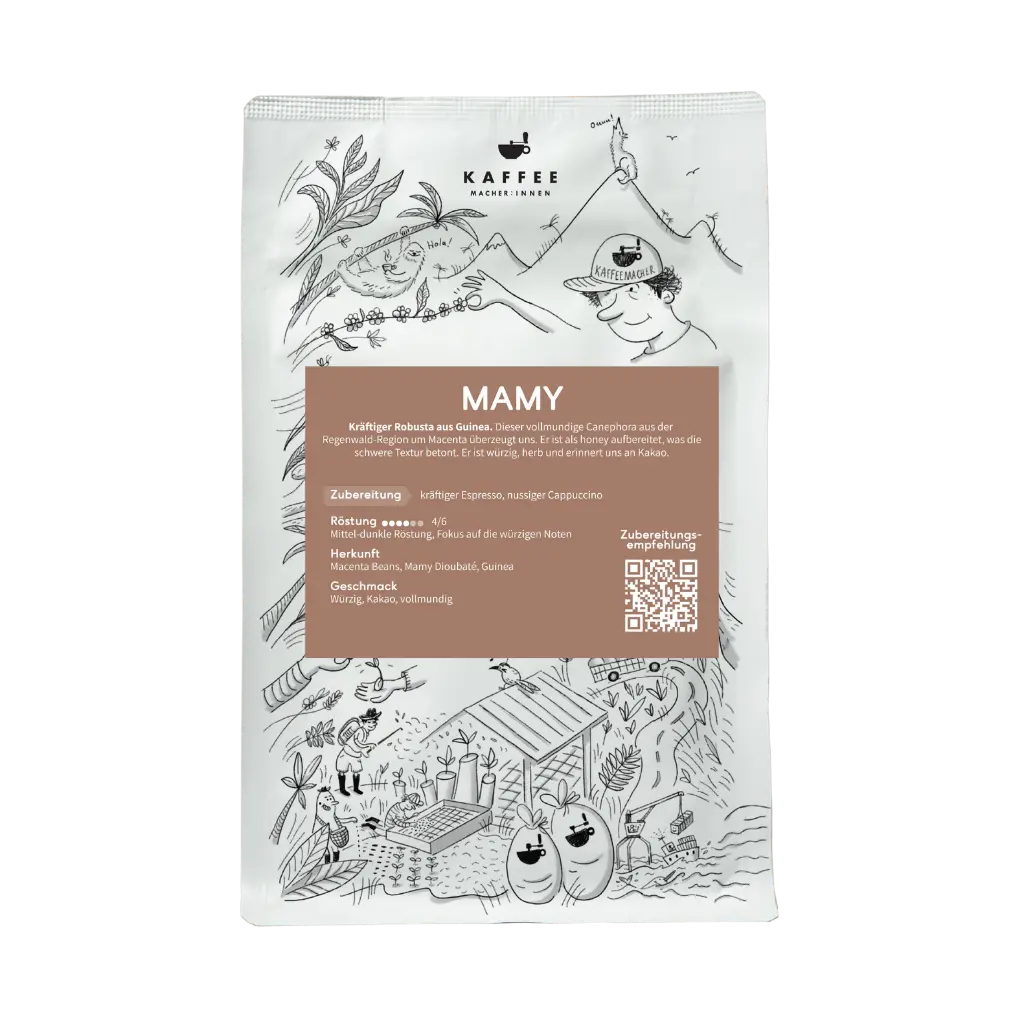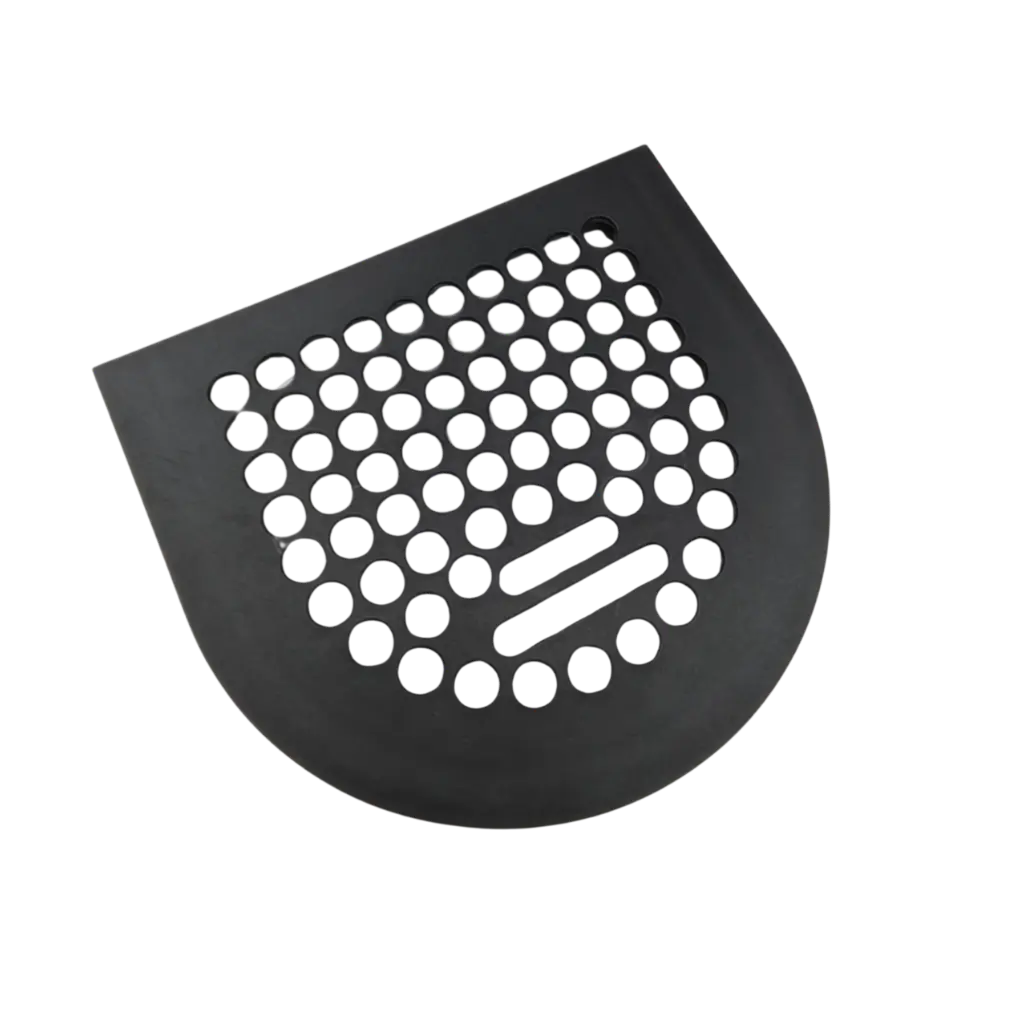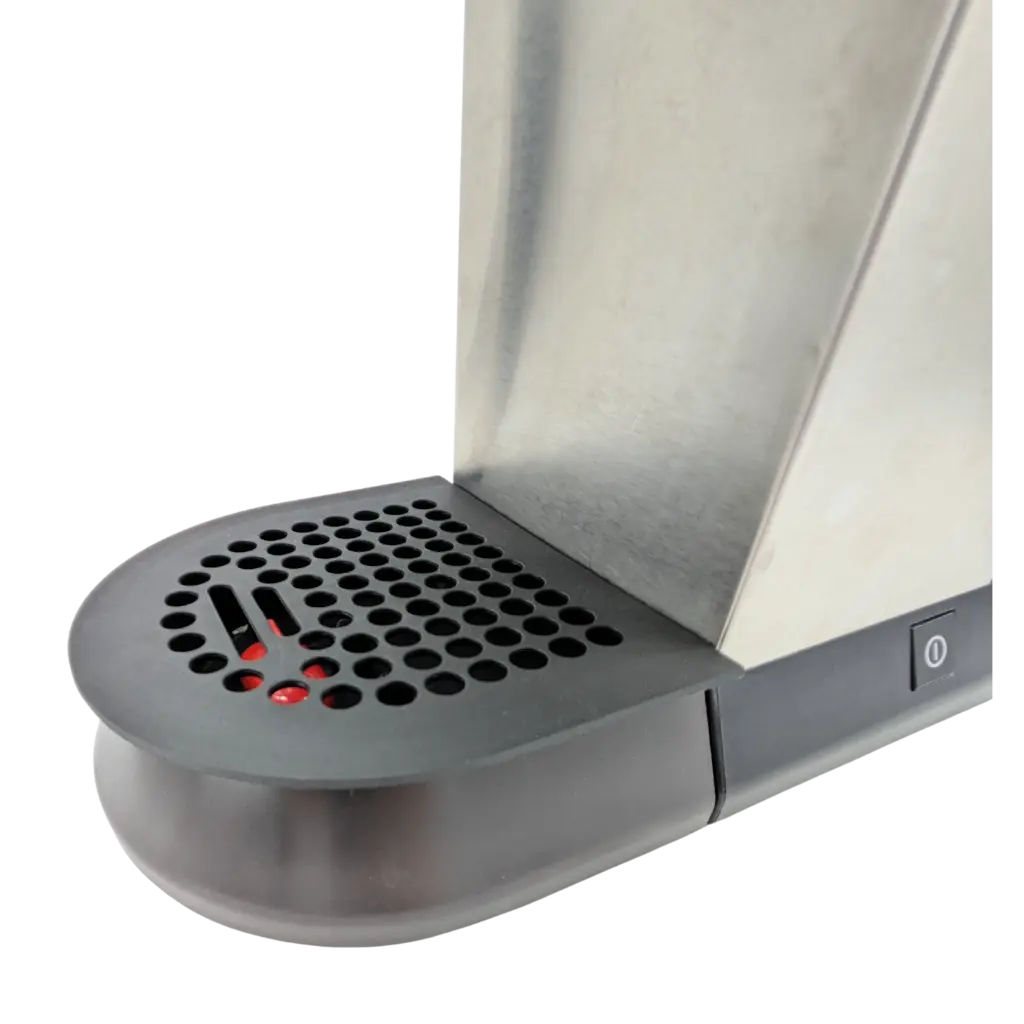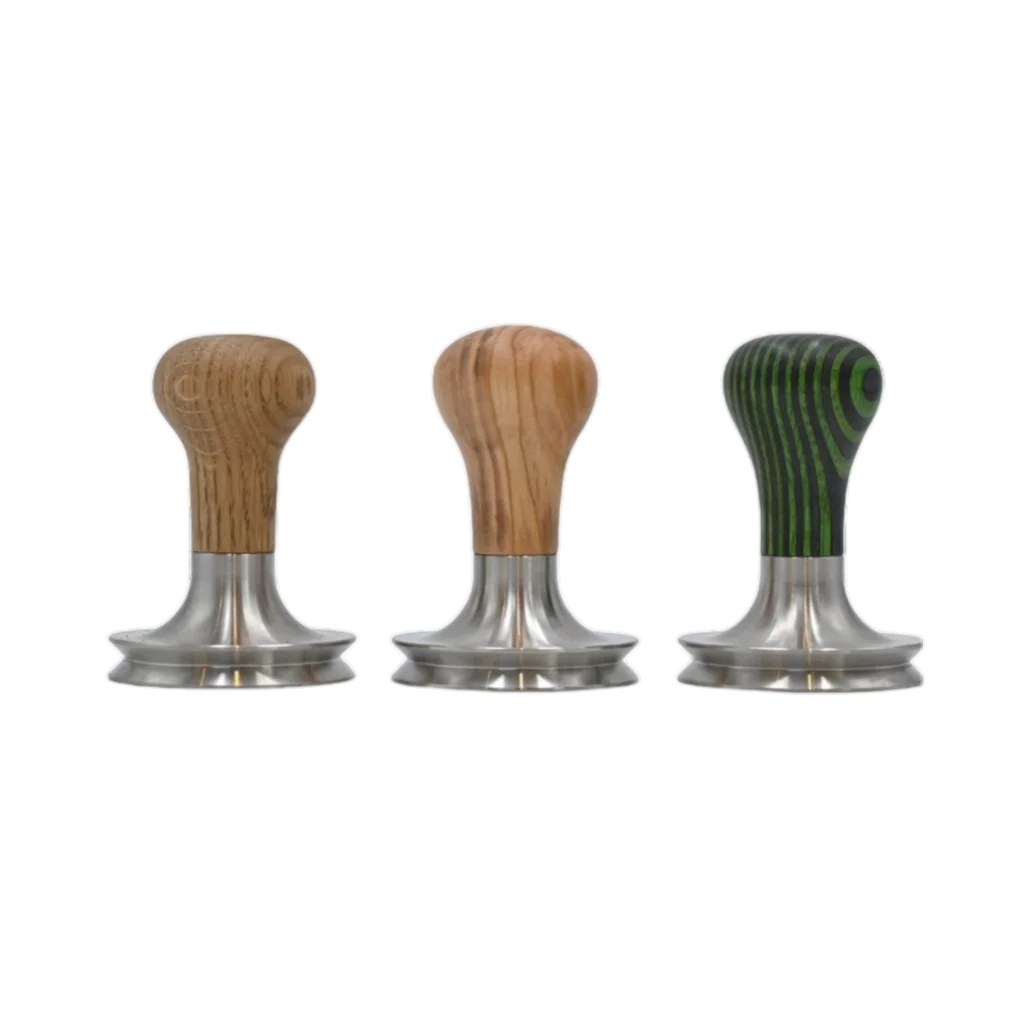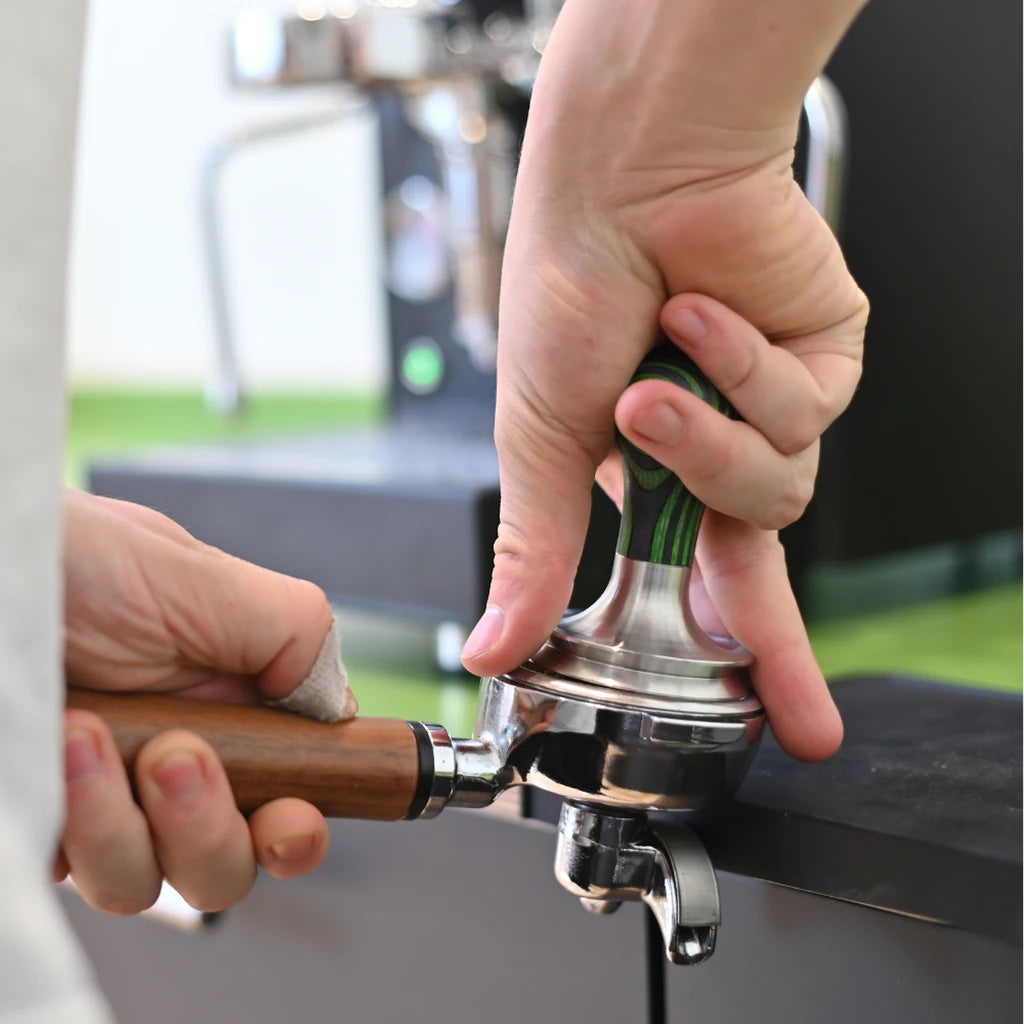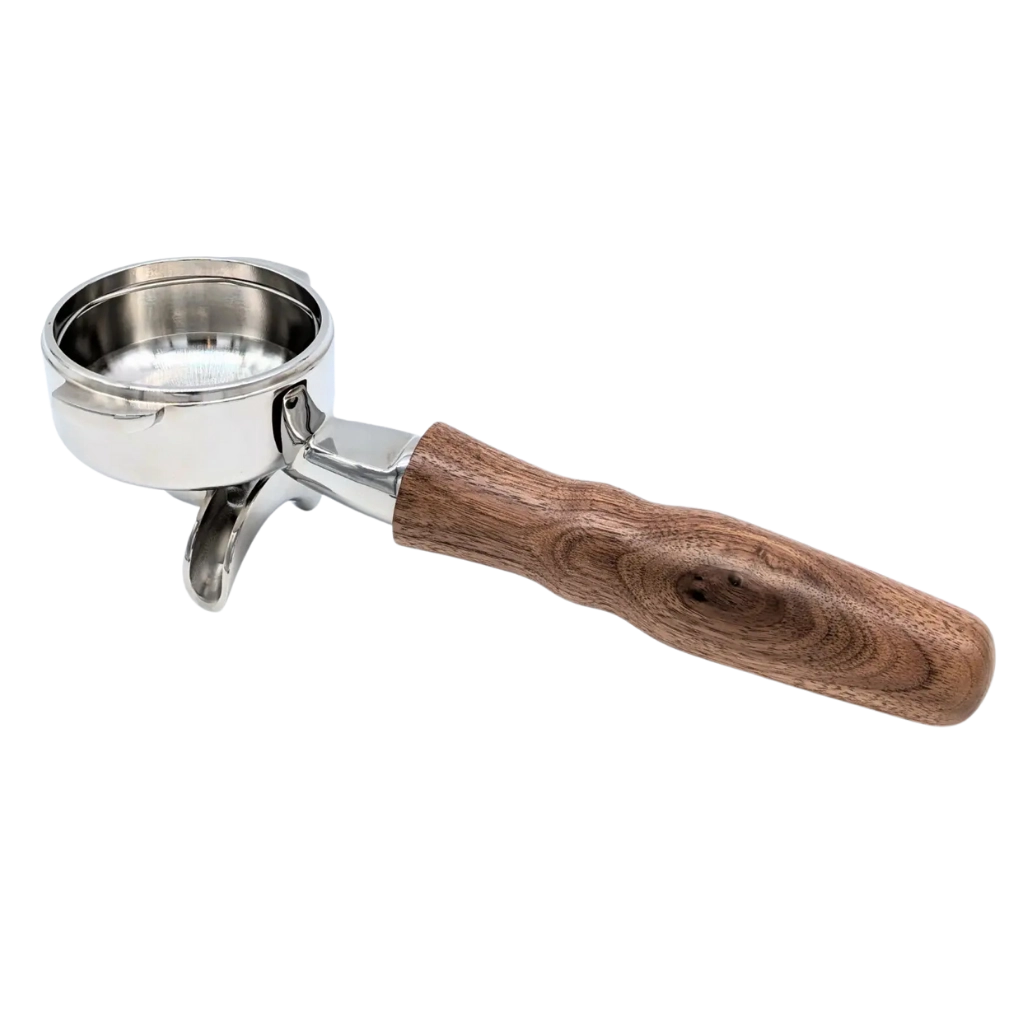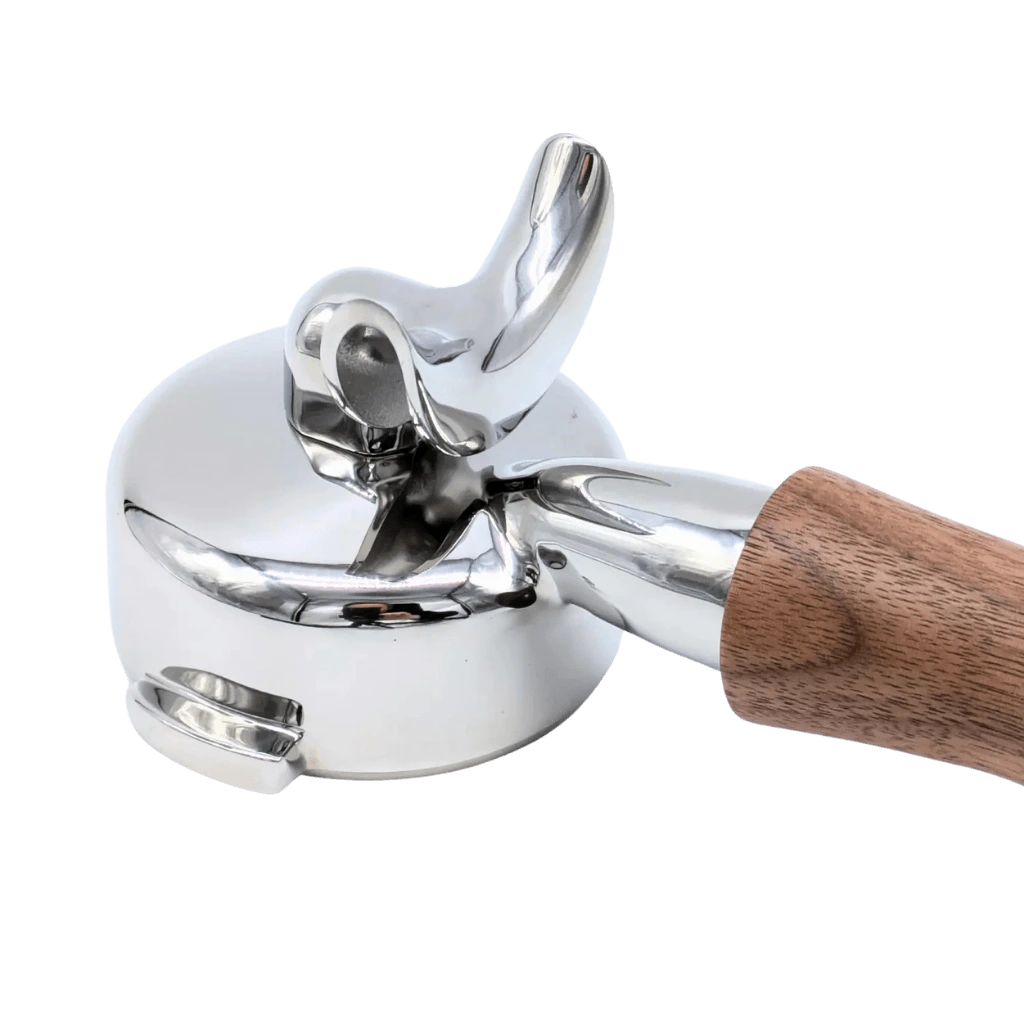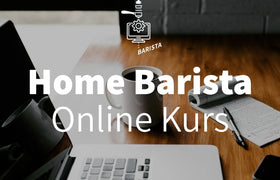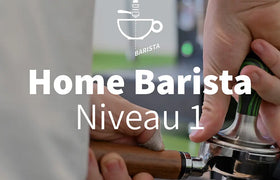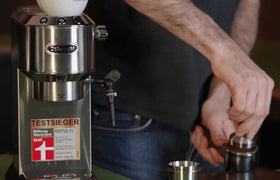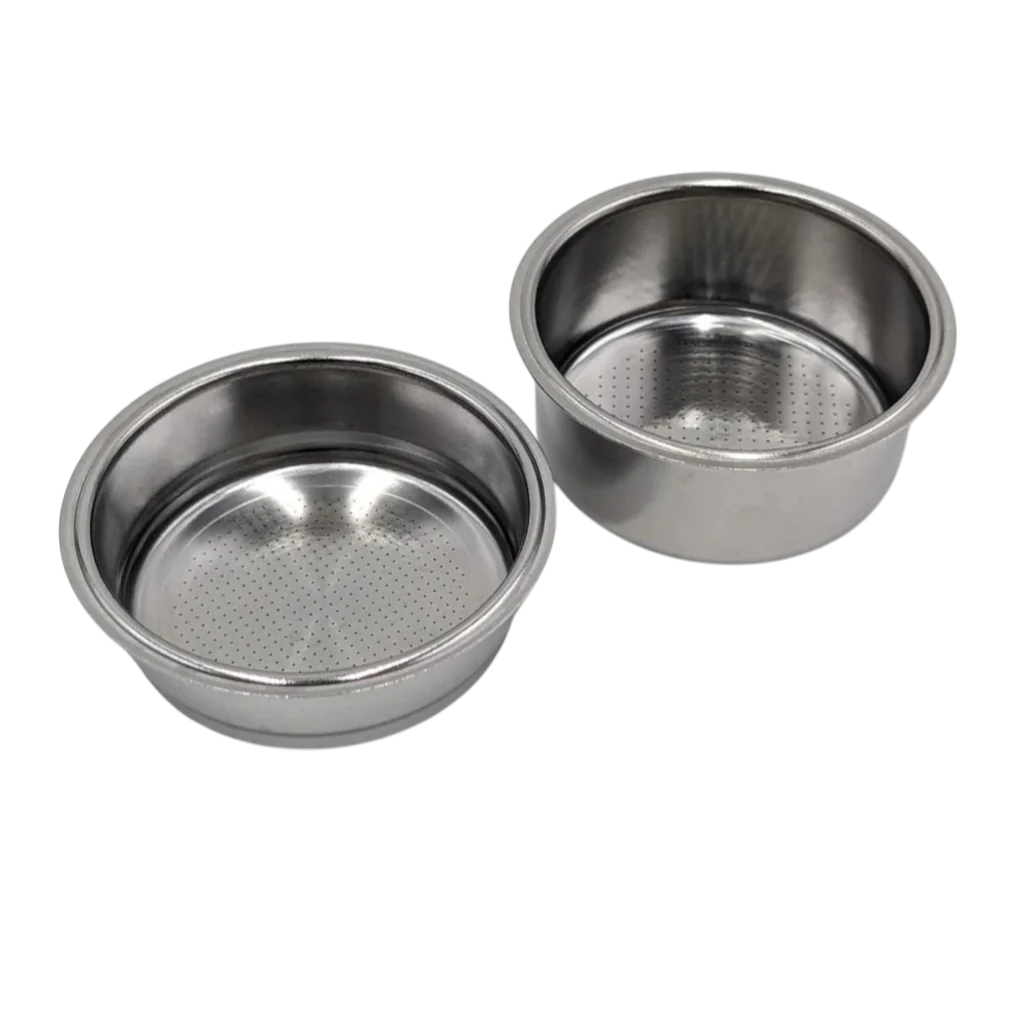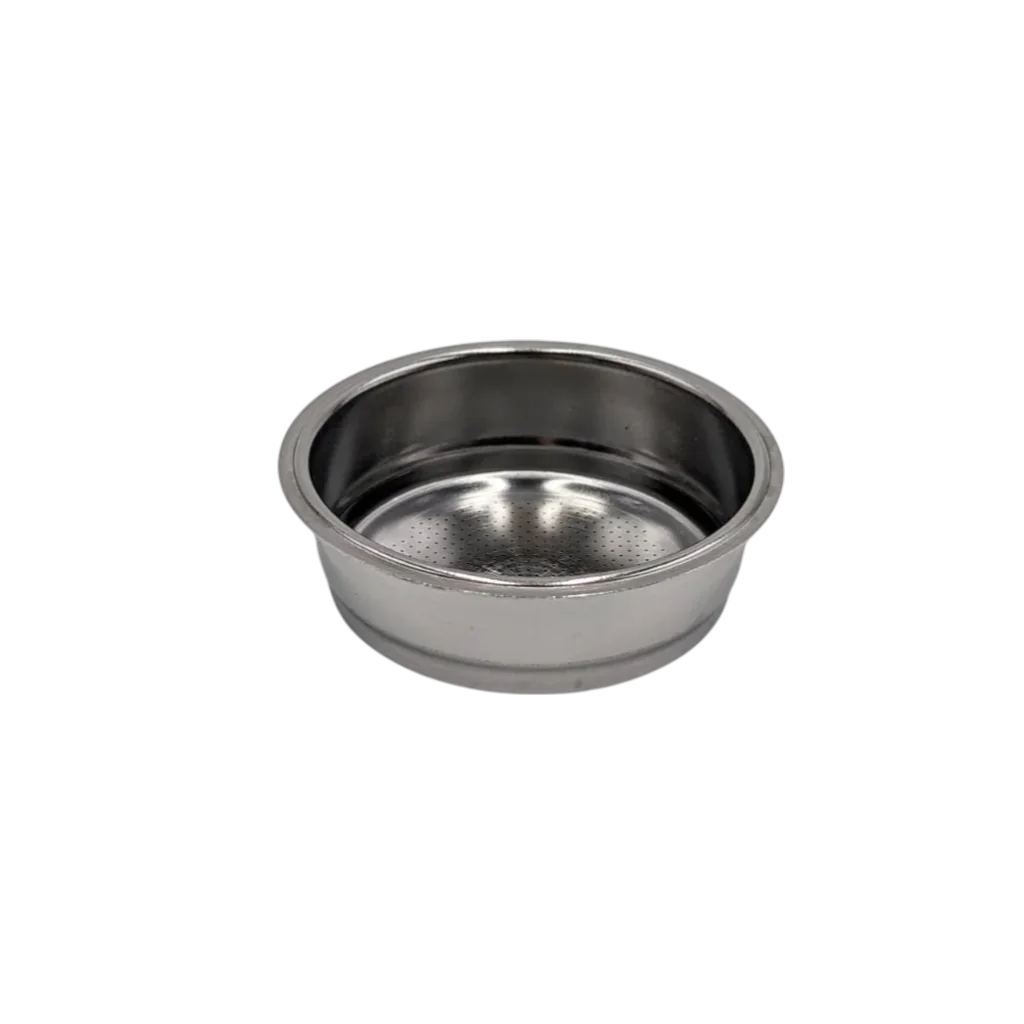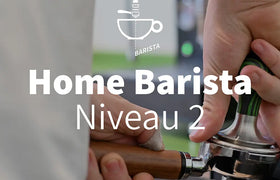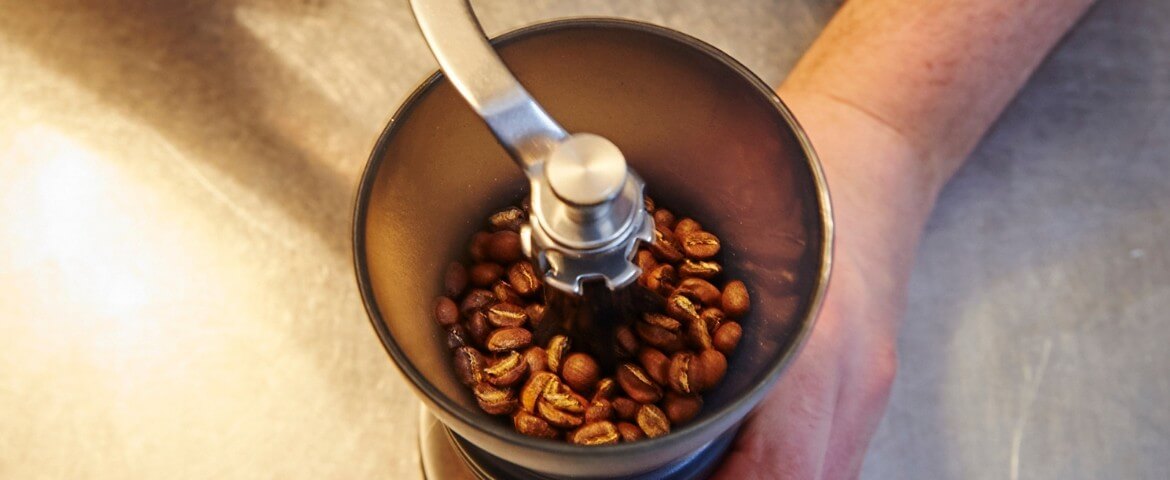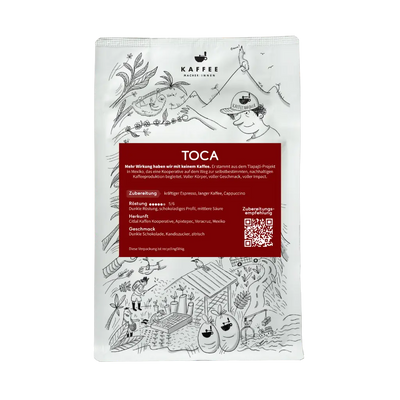Caffee certainly sounds like coffee. But is Caffee a valid variant of the word coffee? And what other spelling isn't a misspelling or typo?
We can conclude: coffee is coffee. And only when spelled this way is coffee truly coffee, the nickname for this beloved beverage. Perhaps it's due to too little coffee or caffeine that typos regularly creep into the word coffee. Although caffeine is actually spelled with only one "e," and coffee always with two.
Coffee, Caffee, Cafee, or Kafi? A close call is usually a miss. We probably owe the most beautiful variations to other languages. So let's take a closer look at the term and grab the Duden dictionary and the dictionary.
Spelling mistake or not entirely wrong?
In German, "coffee" refers to both the beverage itself and coffee in bean form. This is also how the Duden dictionary summarizes it. In addition to "bean coffee," it also lists some coffee beverages such as espresso or mocha as synonyms. However, this isn't particularly useful because, strictly speaking, they are subgroups and cannot be used interchangeably. "Roasted coffee " can also be used synonymously in German-speaking countries.
Coffee is the kernel of the coffee plant's fruit, which is processed and dried in the country of cultivation, then roasted and brewed before consumption. The scientific and Latin name is Coffea , which is one of the origins of the frequently used "C" in coffee in other languages.
Coffea Arabica and Coffee Canephora are species. Coffeea Canephora var. Robusta describes the Robusta variety.

Caffè, Café and Coffeeshop
Caffè is the Italian translation of the word coffee. Since coffee is the epitome of culture and everyday life in Italy, an integral part of encounters, breaks, and conversations, many Italians feel they invented coffee. Incidentally, in Italy, caffè is synonymous with what we call espresso in Switzerland, Germany, and Austria. Anyone ordering a caffè in Italy shouldn't expect a "long" and large drink, but rather a thick crema in a small cup.
Café , on the other hand, is the French variant of the word, which over time also became established in German-speaking countries as a synonym for coffeehouse, coffee shop, or coffee tavern. We like the variant "café" for coffeehouse, as it was a meeting place for poets and thinkers in France and a breeding ground for the French Revolution.
Coffee , on the other hand, is the English version. Although not every country offers coffee in a coffee shop . In the Netherlands, entering a coffee shop might lead you to stumble upon a legal outlet for soft drugs. Some might argue at this point that coffee, thanks to the alkaloid caffeine, is no different.
Colloquial language, dialect and real mistakes
As we all know, you're free to speak however you like. Especially since dialects and local languages have their own rules. That's why "Kafi" or " Kaffi " is absolutely correct in Switzerland, and northern Germans can't go wrong with " Kafe " either. Incidentally, that's not far removed from the Turkish kahve , which paved the way for the development of the term. The Ottoman Empire once spread coffee throughout the world via its trade routes.
The starting point for this trip was the " Kaffa " region in southwest Ethiopia , supposedly the region of origin of all coffee plants. This completes the circle linguistically much more beautifully than with Sudan, where the first coffee plants probably once grew.



